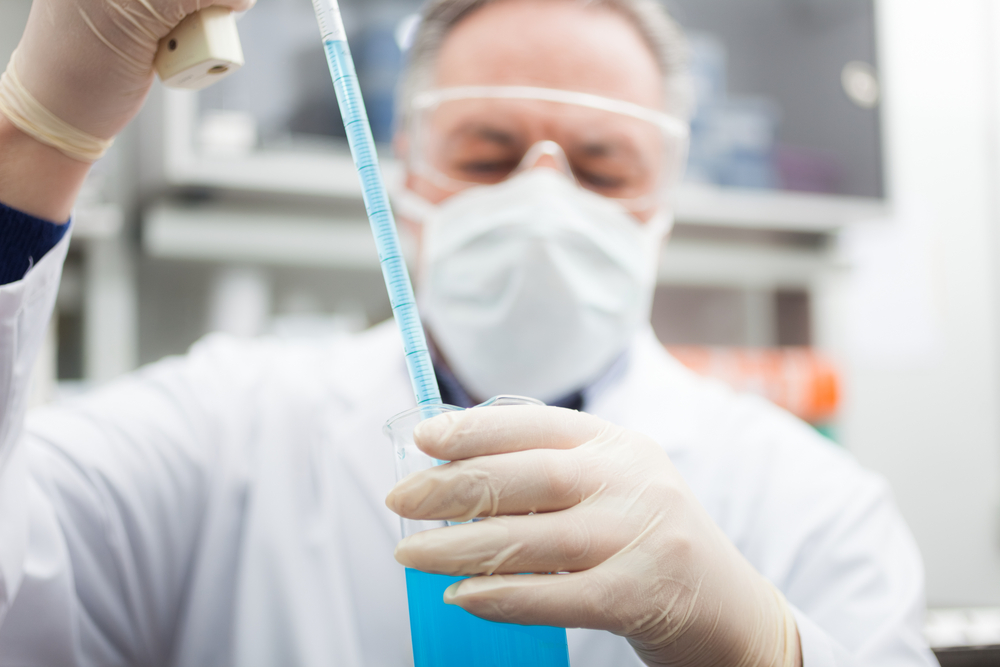 TiGenix NV, a leading bio-pharmaceutical company focused on developing and commercializing new therapeutics based on its proprietary platform of allogeneic expanded adipose-derived stem cells (eASCs) for autoimmune and inflammatory diseases, recently announced the European Patent Office (EPO) has issued European Patent EP2292736 or “Identification and isolation of multipotent cells from non-osteochondral mesenchymal tissue” for an adipose-derived stem cell composition. The patent includes specific expanded adipose-derived multipotent cells, their respective therapeutic purposes, and the cells’ pharmaceutical compositions.
TiGenix NV, a leading bio-pharmaceutical company focused on developing and commercializing new therapeutics based on its proprietary platform of allogeneic expanded adipose-derived stem cells (eASCs) for autoimmune and inflammatory diseases, recently announced the European Patent Office (EPO) has issued European Patent EP2292736 or “Identification and isolation of multipotent cells from non-osteochondral mesenchymal tissue” for an adipose-derived stem cell composition. The patent includes specific expanded adipose-derived multipotent cells, their respective therapeutic purposes, and the cells’ pharmaceutical compositions.
Cx601, one of TiGenix’s allogeneic eASCs solutions formulated for local injection, is currently undergoing Phase III clinical testing to treat complex perianal fistulas in patients suffering from Crohn’s disease. The results are expected to be available in the second half of 2015, and if the outcomes are positive, the company may soon file for Marketing Authorisation in Europe. Additionally, Cx611 is being developed to address the needs of patients with early rheumatoid arthritis and severe sepsis.
Wilfried Dalemans from TiGenix’s said in a press release: “This European patent further strengthens our intellectual property position in the field of expanded adipose-derived stem cell compositions and their therapeutic uses. The grant of this patent advances our leading position in bringing adipose-derived stem cell therapeutics to patients.”
This patent reinforces TiGenix’s portfolio of proprietary technology, as it already owns 24 patent families, with 14 linked to the eASC platform. “The pending and granted patents in TiGenix’s intellectual property portfolio include patent families that are directed to its eASC platform; and more specifically, to eASC compositions and therapeutic applications as well as to cell therapy delivery mechanisms and other eASC technology improvements.”
In other rheumatoid arthritis news, a new study entitled “Dietary supplementation with arachidonic acid increases arachidonic acid content in paw, but does not affect arthritis severity or prostaglandin E2 content in rat adjuvant-induced arthritis model” evaluated, in a rat model of arthritis, the impact of dietary intake of arachidonic acid on both rheumatoid arthritis severity and lipid content in affected tissues. The authors found that while dietary arachidonic acid intake increased, in a dose-dependent manner, no effect was observed in the expression of other lipid mediators or inflammatory cytokines in the rat arthritis model; additionally, no exacerbation of rheumatoid arthritis severity, measured by paw edema, arthritis score, and bone erosion was observed upon increased dietary arachidonic acid intake.


